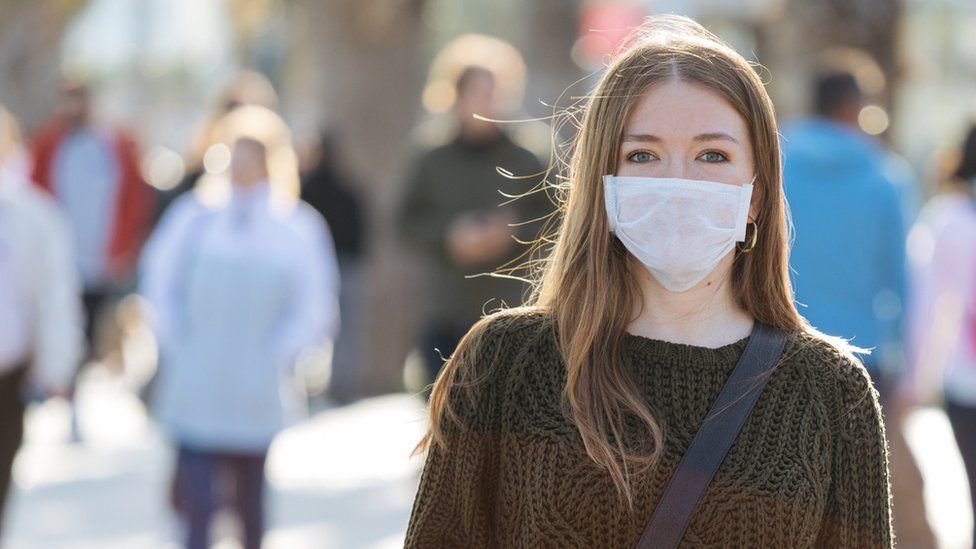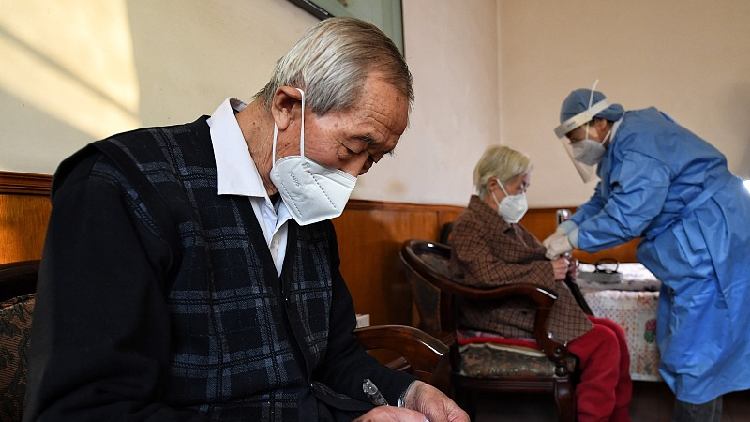Covid: Learning to live with the virus in the UK – BBC
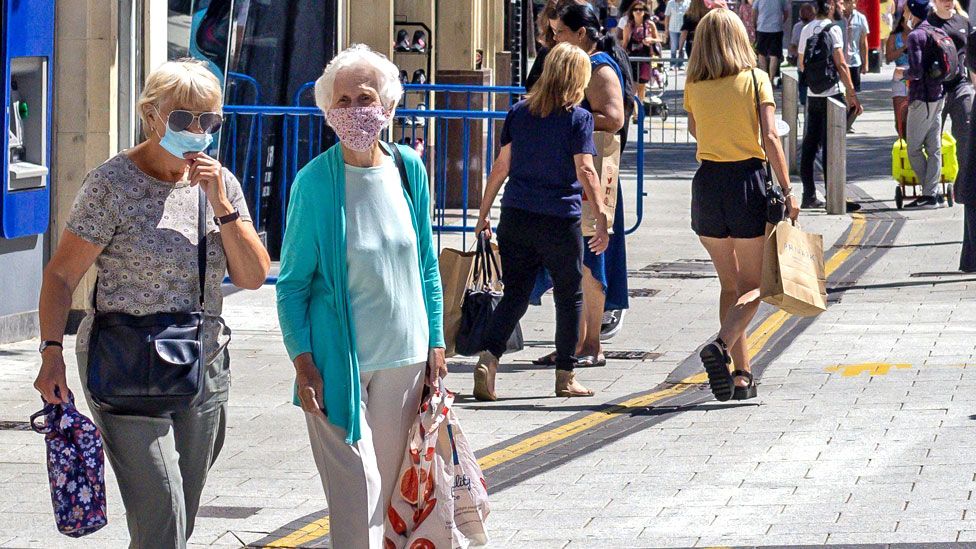

Coronavirus infections may be receding in the UK – but that does not mean that the virus has suddenly become yesterday’s problem.
Far fewer masks are seen on buses and trains and other public spaces. Indoor gatherings seem to be back to where they were pre-pandemic. Restrictions have been lifted and most people are enjoying the freedom.
But Covid is likely to remain with us for years to come. So what will it mean to live with the virus in the longer term?
Risk from the virus
Covid can still kill. But, thanks to vaccinations, innovative treatment and drugs, the chances of getting seriously ill and not surviving are much lower than in earlier waves.
Ministers have told the public they need to live with coronavirus and treat it like flu.
The message is to stay off work or away from vulnerable people if you have symptoms – whether it’s Covid or flu, there is a need to minimise the risk of infecting others.
Pressure on the NHS has eased with the number of patients with Covid in hospital about 11,000 compared with more than 20,000 in early April.
Covid infections
The latest survey from the Office for National Statistics (ONS) showed a continued fall from a recent peak in April.
The arrival of summer means more people will congregate outdoors at lower risk to themselves.
But the return of people from holidays to work and study after summer holidays, and the onset of cooler autumnal weather could create conditions for another uptick in infections.
More immediately, new strains of the Omicron variant could cause problems. The BA.2 version has proved more transmissible than BA.1.
Now two newer members of the Omicron family – BA.4 and BA.5 – are thought to have contributed to a new wave in South Africa.
Experts are still assessing whether they spread faster than their predecessors.
Prof Peter Openshaw, of Imperial College, London, said: “Everyone is thinking of sub-variants – we just don’t know whether they will cause a surge in infections and where they will go in the UK.”
He added that existing immunity was important. But this would help protect against serious illness much more than the risk of getting an infection in the first place.
Longer term
The assumption with viruses is that they evolve and become milder over time, with Spanish flu after World War One quoted as an example.
However, experts say this is not guaranteed.
Prof Mike Tildesley, of the University of Warwick, and one of the key modellers of the spread of Covid in the UK, says the virus may evolve rapidly, but “this is not nailed on – it might only happen over the long term”.
He believes the next two to five years will be uncertain.
New variant
This is the possibility which makes experts nervous.
Right now there is no sign of a completely new variant. But there have been warnings that if one appears, there is no guarantee it will be milder than Omicron.
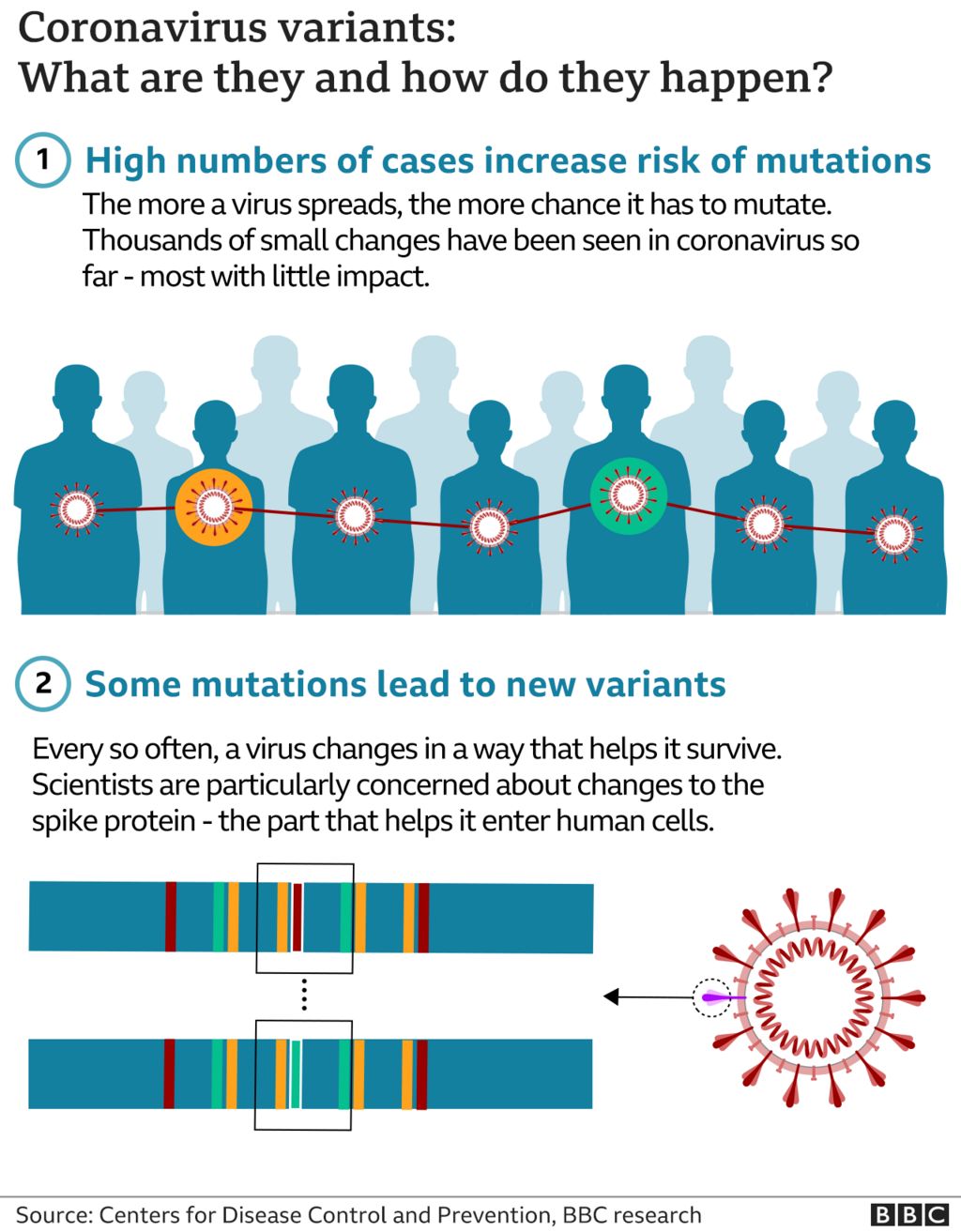
While not ruling it out, Prof Paul Hunter, of the University of East Anglia, thinks it is unlikely that a new killer variant will suddenly materialise.
He says the relatively high vaccination levels in the UK will still offer protection against serious disease: “Covid will be with us for ever, but we will see less severe disease, even with more infections.”
Vulnerable people
Those will underlying health conditions, including compromised immune systems, will continue to feel vulnerable. Infections may be receding, but the potential threat of getting seriously ill remains.
Living with flu is one thing but living with Covid, and the higher risk of death, will be challenging for those with existing health issues, according to the charity Blood Cancer UK.
Chief executive Gemma Peters argues that ministers and NHS leaders could do more to reassure the 600,000 severely immunosuppressed people across the UK.
“Lots of people are still shielding and not going back out. They feel forgotten and let down, but would relax if more medical responses are in place.”
She says that access to top-up vaccine doses has been poor and the rollout of antiviral drugs and preventive treatments has been too slow.
Long Covid
Case numbers have fallen sharply, but however low they get there will always be a small proportion with symptoms which last more than a few weeks, and sometimes many months.
These include extreme tiredness and shortness of breath.
According to the ONS, about 1.7 million people in private households in the UK (2.7% of the population) had long Covid symptoms in March.
Nearly 800,000 first had the virus at least a year previously. This was based on self-reported long Covid.
Prof Christina Pagel, of University College London, argues that this is one of the biggest worries about the continuing presence of the virus.
“We don’t know the long-term impact of Covid after people have been vaccinated – long Covid has a high attrition rate.”
She adds that estimates suggesting 5% of those who have been jabbed and then get the virus will go on to get long Covid are concerning.
Vaccination policy
Second boosters have been given to a section of the population deemed to be most at risk, including those aged 75 and over.
What is not clear is how much that age limit will be reduced.
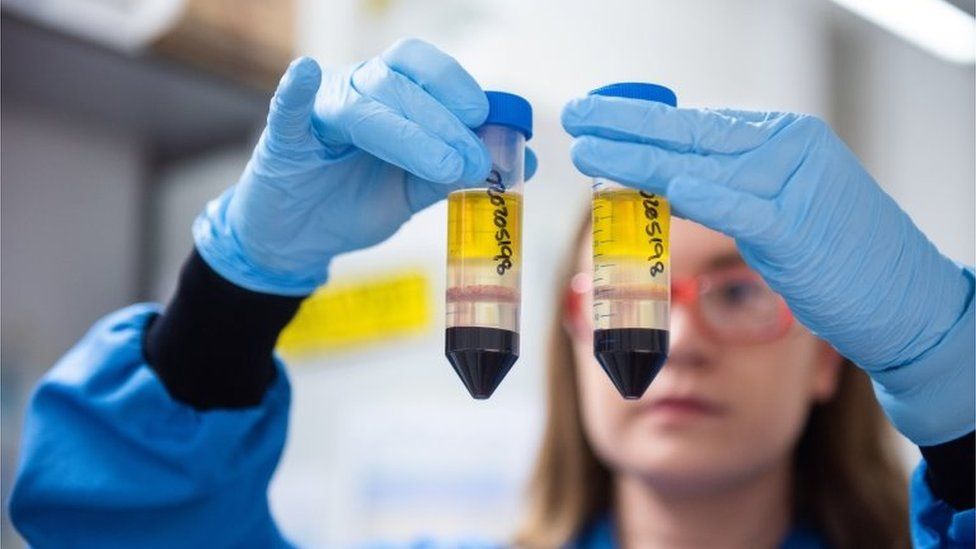
There is an assumption that this will be lowered to come into line with eligibility for free flu jabs for the over-65s.
Scotland’s national clinical director, Prof Jason Leitch, speaking about the UK as a whole, said: “The mainstream assumption is that second boosters – fourth jabs – will be offered to the over-65s in the autumn, perhaps the over-50s, perhaps the wider population.
“There are likely to be annual top-ups for the most vulnerable in future years.”
That annual shot could combine flu and Covid in one injection.
There is active ongoing research on producing a vaccine which combines the original virus strain and Omicron.
The major pharmaceutical companies and the US Army are also reported to be working on variant-proof vaccines, although this seems a long shot.
Mask wearing and social distancing
Both have faded in people’s minds after restrictions were lifted.
Prof Pagel points out that mask wearing continued in some Asian countries after the Sars outbreaks two decades ago.
It was reported in 2020 that before Covid, failing to wear a mask in the region during the flu season was regarded as anti-social.
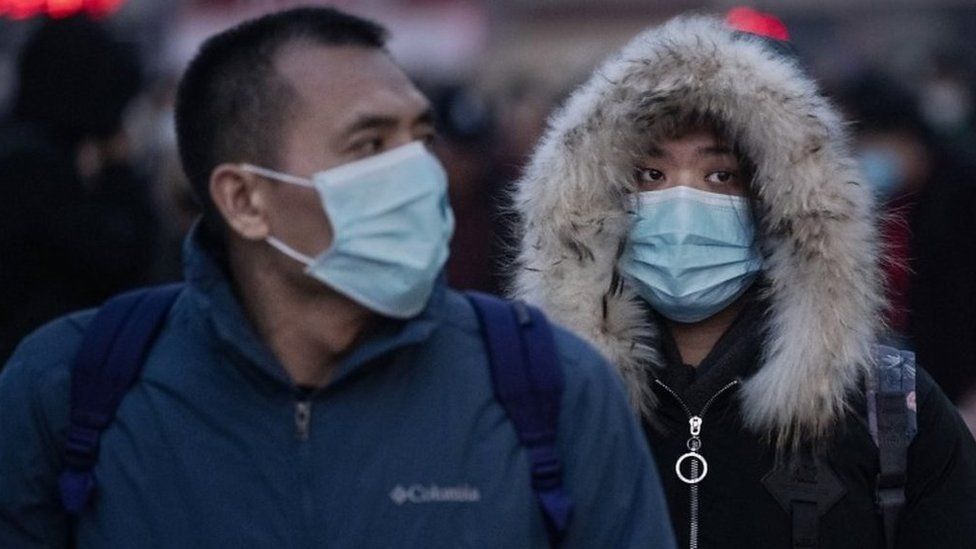
Prof Pagel believes mask wearing should be reintroduced in winter, and that air quality guidelines for public places should be drawn up.
Others say it should be left to those who feel vulnerable to wear face coverings if they choose.
Recent research by the California Department of Public Health suggested that the odds of infection were about half for those who said they wore a mask in public, compared with those who didn’t.
Holidays and jobs
These are areas where living with Covid will continue to cause inconvenience.
Catching the virus and having symptoms, even without testing, will mean those affected will feel they have to alter plans.
Employers will be faced with staff absences if case rates pick up. It’s not clear that the insurance market has fully caught up with the need for cover against the consequences of the virus.
Industry insiders argue that with scientists unable to predict the future course of Covid, working out the risk right now is close to impossible.
-
- 2 days ago


